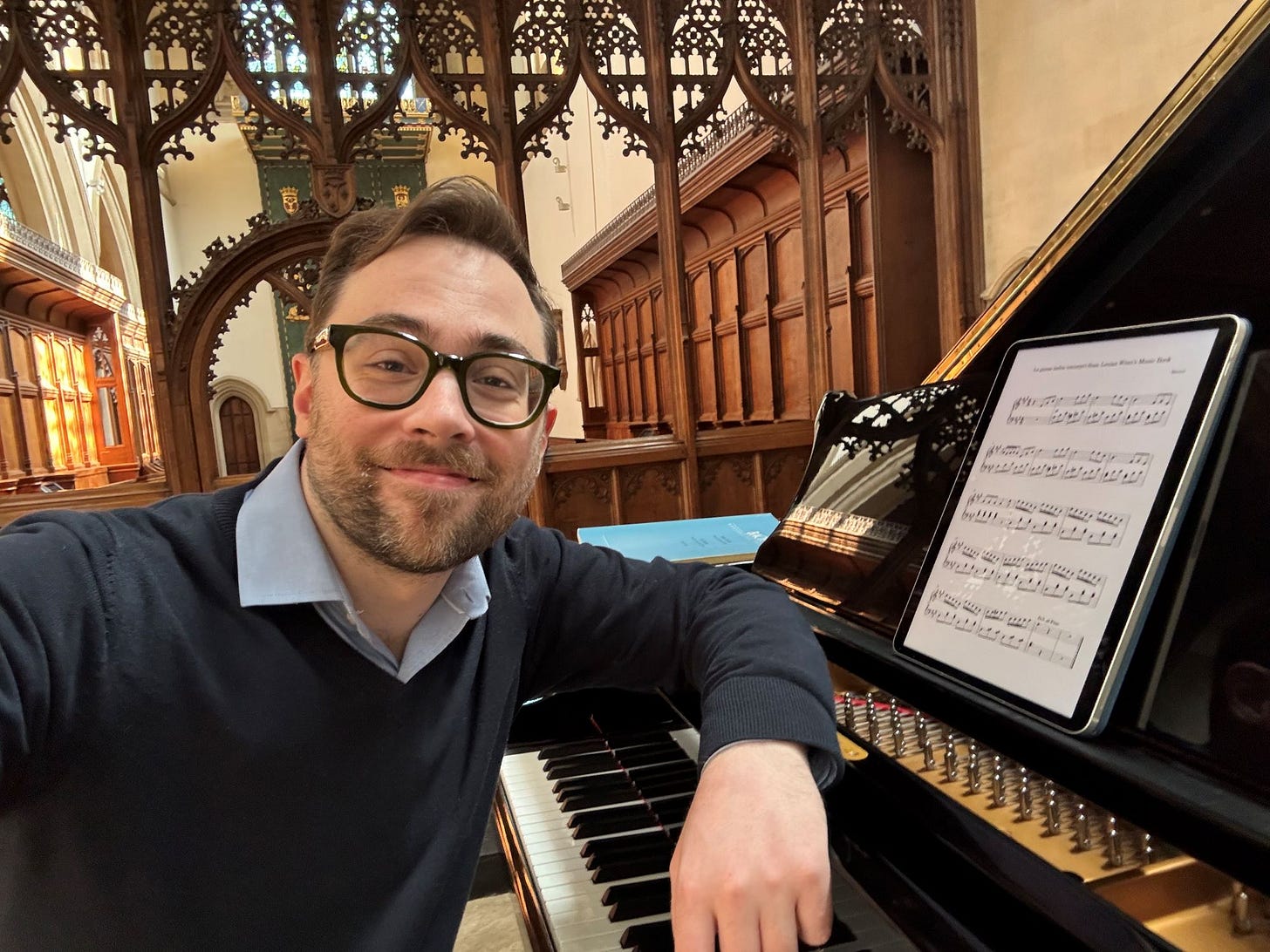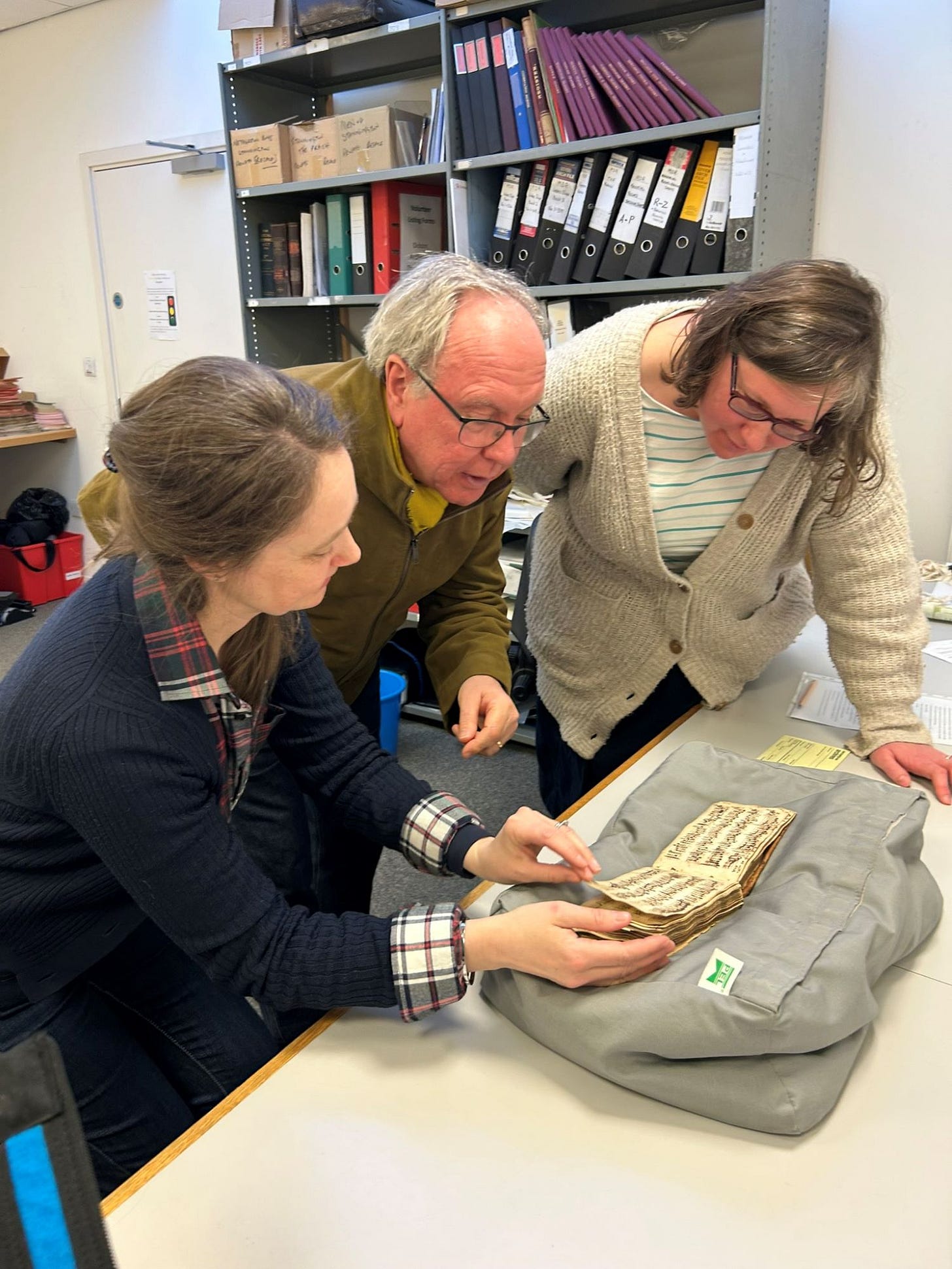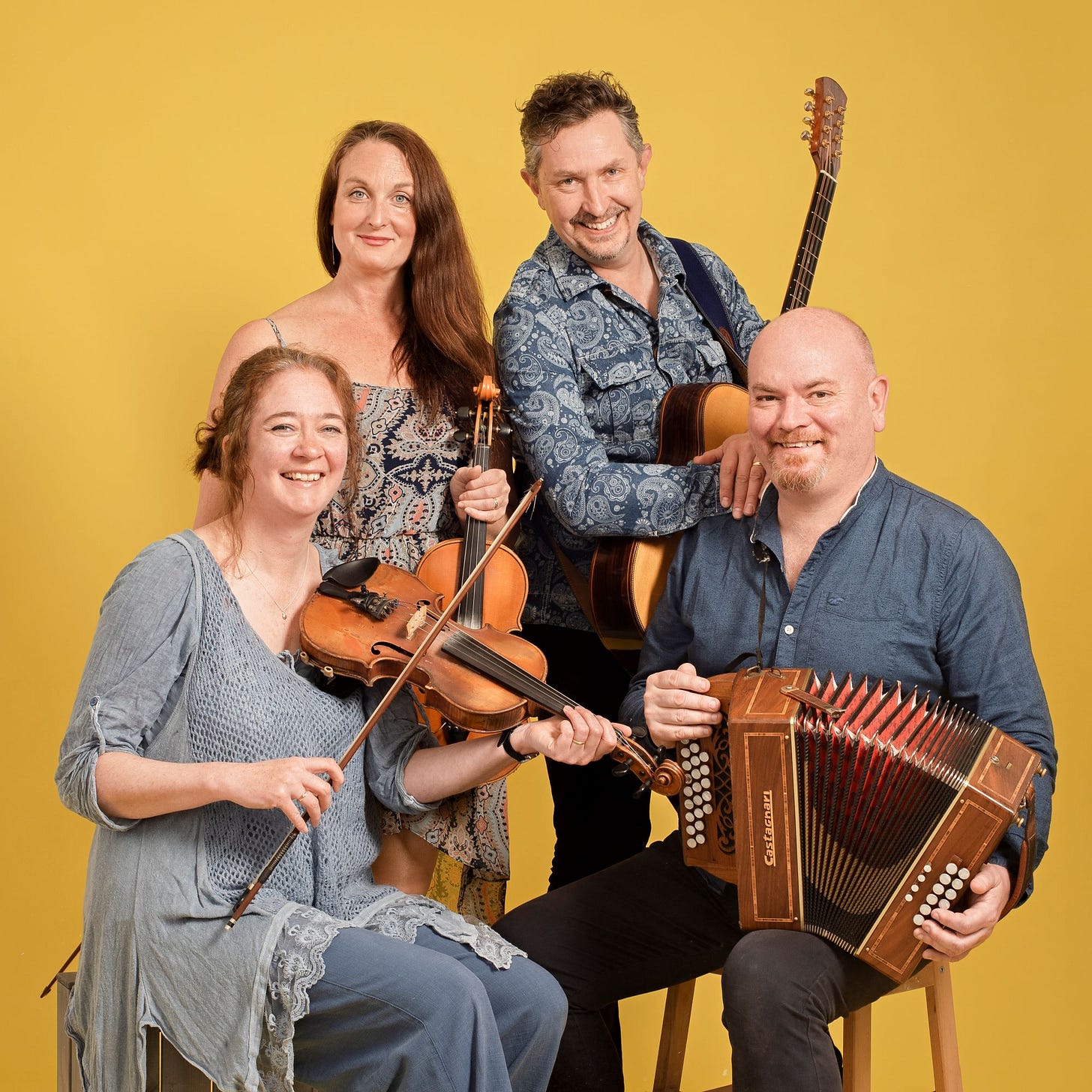Meet the 'song detectorists' revising our understanding of music
BBC series highlights work of Newcastle researchers

A series beginning on BBC Radio 3 on Monday (May 12, 9.45pm) will introduce listeners to the ‘song detectorists’ – a group of researchers who have been unearthing musical gems from archives.
Music experts from Newcastle University and Royal Holloway, University of London, have been working on a project called Music, Heritage, Place which is funded by the Arts & Humanities Research Council.
In the series The Song Detectorists, running from Monday to Friday, presenter Matthew Bannister will be hearing about their work which has involved delving into local archives across England, including Northumberland.
The pioneering project has uncovered more than 600 items that the experts say change our understanding of music-making from the 16th to mid-19th centuries.
Kirsten Gibson, professor of early modern music and culture at Newcastle University, says: “This project is vital for reframing our understanding of the musical lives of people beyond London and for telling new stories about music-making beyond the well-studied musical centres and with a broader range of people not studied before.

“At a time of investment in the music industry in the North-East, I am delighted that this project is illuminating understanding of the long and rich musical history and heritage of the region”.
The project paints a picture of a new, decentralised understanding of English music and has uncovered previously untold stories about the people and places involved in music-making.
Prof Stephen Rose, head of Royal Holloway’s department of music and the principal investigator, says: “Working with local historians and archivists, we are discovering treasures in county record offices that show how music flourished across England in past centuries.
“We’re gaining a new picture of the diversity of music across England, including outside the usual centres studied by music historians, and how men and women in England’s villages had musical connections stretching far beyond their local regions”.
In the series which is part of The Essay, Matthew Bannister’s Radio 3 slot, he will travel across the country to meet the project teams, including the Newcastle University one comprising Prof Gibson, Nancy Kerr, Dr Steph Carter and Dr Andrew Frampton, and local historians.
The broadcasts feature the Melrose Quartet, of which folk musician and academic Nancy Kerr is a member, performing some of the music and songs reimagined for the 21st Century.
“It has been a delight for me and the others in the Melrose Quartet to begin reshaping the archival discoveries for 21st Century audiences and connecting new generations of music makers with this rich and diverse repertoire of music and song,” she says.
“From the histories of sacred song, industry and global migration uncovered in Cornwall’s village carol collection to a 17th Century coal merchant’s ‘bible’ of classic Northumbrian fiddle tunes, across five counties and three centuries, we are sure listeners will hear something new in these musical gems.”
The research teams are also working to connect the music they’ve uncovered with the communities where it originated.
They’re co-creating public events, including workshops, concerts and festival appearances by the Melrose Quartet, to rework their musical discoveries for present-day audiences and inspire a new generation of musicians.
The Song Detectorists, as part of BBC Radio 3’s The Essay, will also be available on BBC sounds. The series is a Rhubarb Rhubarb production.



